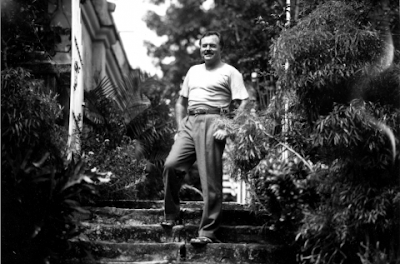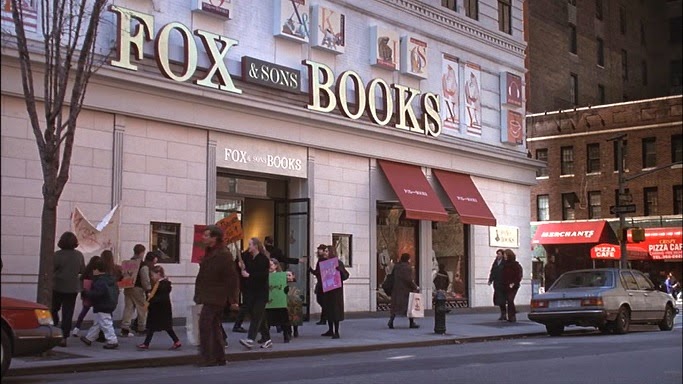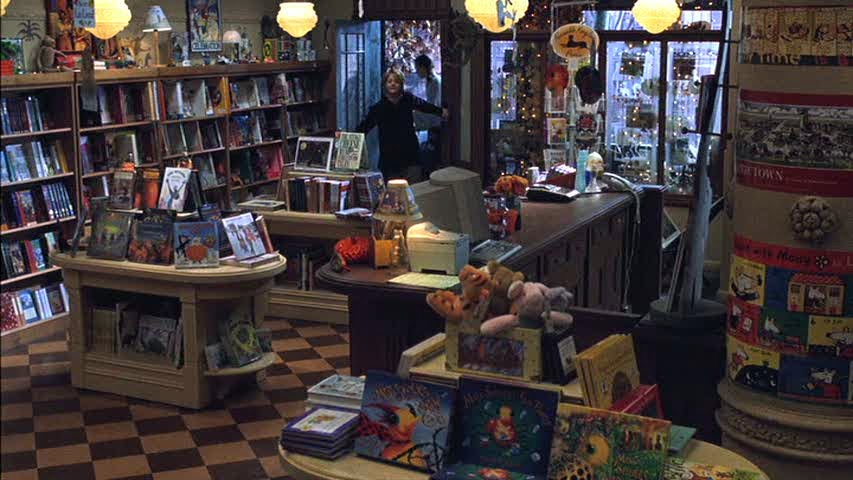We just returned from New York City. My son’s family lives
on the Upper West side with his wife and three of my grandchildren. Our
daughter, her husband, and our other three grandchildren joined us to make this
a family get-together and special Thanksgiving celebration. We did it all … or
at least some of us did it all. Others, like myself, sometimes hung back watching televised football.
I did join everyone on a jaunt to Times Square on Monday,
but declined to return on Black Friday.
 |
| Toys R Us Times Square |
On Monday, the weather was perfect,
which meant that Toy R Us and other stores were sweltering without air
conditioning. It didn't help that the shops were packed tighter than a sardine
can. Jack Frost made a visit on Black Friday, so stale air and heat were less
of an issue. The crush of the crowds, however, overwhelmed all other
sensations. There are over eight million people in New York City. Half went to
Macy’s and the other half traipsed down to Times Square … and they brought
all of their relatives visiting for the holiday. All this is hearsay, of
course. I stayed at my son’s apartment to watch Nebraska barely beat Iowa.
 |
| Ice Skating in Central Park |
I also declined an ice skating excursion in Central Park.
These days I’m not about to get on the ice, and stomping my feet on the
sidelines to keep warm didn’t sound like much fun. My son texted live video of
my grandkids skating, which gave me a rare appreciation for modern gadgetry.
I did do many other things, however. I watched my grandson
score several touchdowns in the Yorksvilles Turkey Bowl on Randall’s Island, attended
Mass at my granddaughter’s school, enjoyed my granddaughter’s performance in
the Nutcracker Suite, celebrated my twin grandsons’ birthday, viewed balloons
staged for the Macy’s Thanksgiving Parade, watched the parade from a precarious
perch on a Central Park wall, consumed a traditional Thanksgiving dinner
surrounded by family, and even found time to write.
One of my favorite experiences was a new bookstore on
Columbus and 82
nd. The opening, rather than a closing, of an
independent bookstore warranted a piece in the
New
York Times. The newness lured
me in, but after my initial visit, I’m sure
bookculture will be one
of my regular haunts when I visit the city.
Borders is gone and Barnes & Noble closed several of
their NYC stores. The Shop Around The Corner in the movie
You’ve
Got Mail was located close to the bookculture
location. Perhaps
the Fox & Sons Books model is growing thin. It’s ironic to see the behemoth
boxes run out of business by Amazon, only to make room once again for intimate
bookstores with a bookish atmosphere. In the end, I bet knowledgeable and friendly
staff who understand local tastes will elbow themselves enough room to prosper.I hope so.
When I visited bookculture, it was packed with
people,
many of them buying armloads of books.
Granted, it was Black Friday, but sale pricing seemed limited. It was hard to
tell if shoppers were buying for themselves or for Christmas. Whichever, I hope
the store remains busy … and I hope books become the favorite gift for the coming
holidays.




























.jpg)



